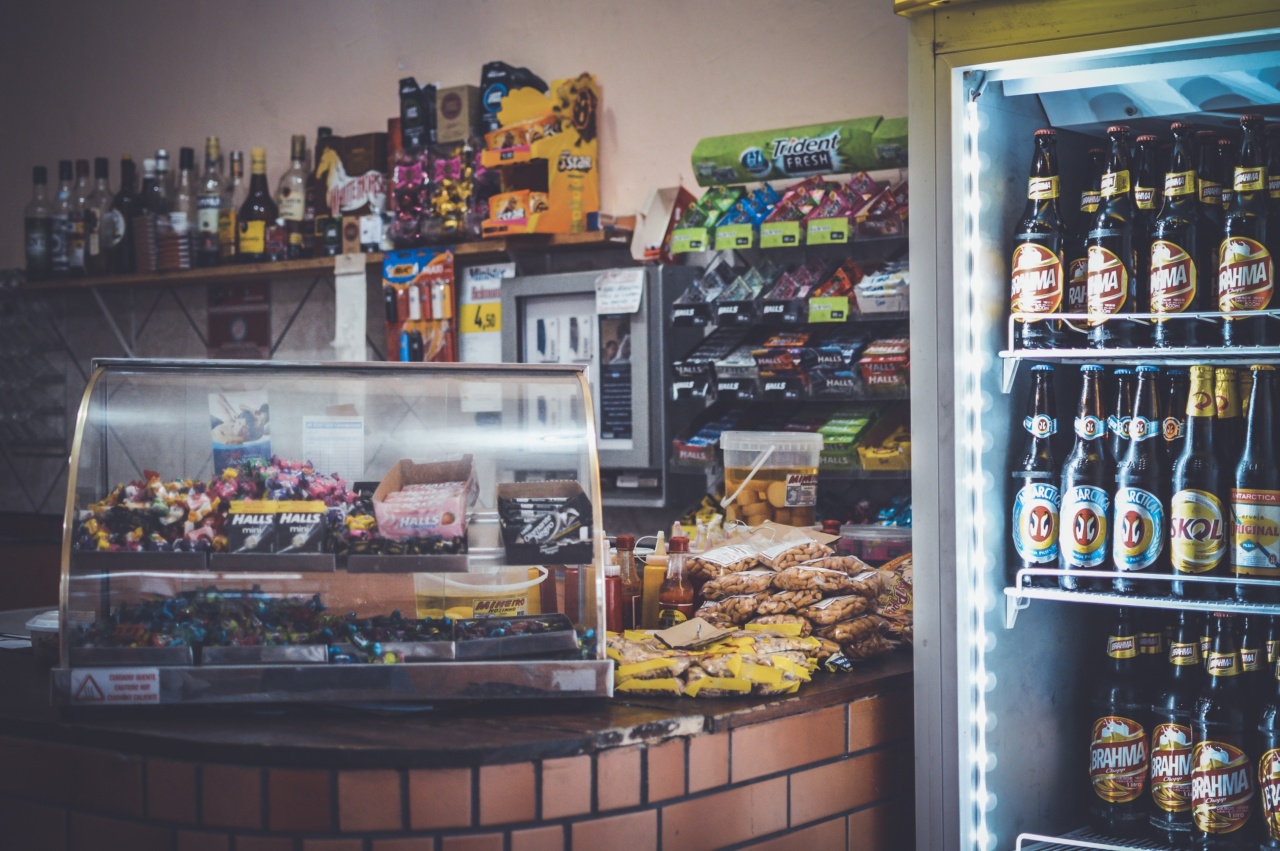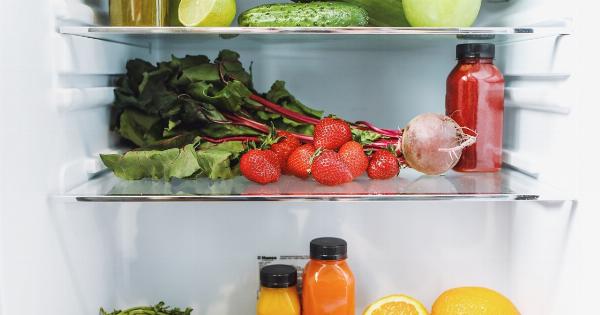Most households in the Western world have a fridge, and with good reason. A fridge is an essential appliance that helps to keep our food fresh for longer. However, not everyone knows how to use it correctly, which can have dangerous consequences.
When food is not stored correctly in the fridge, it can lead to spoilage, bacterial growth, and in some cases, foodborne illness. In this article, we will outline the perils of not properly storing food in the fridge, and how you can take steps to keep your food safe and fresh.
What Happens When Food is Not Properly Stored in the Fridge
When food is not stored in the fridge correctly, it can spoil and become dangerous to eat.
The temperature in the fridge should be between 1-5°C to keep food fresh, and if the temperature rises above this range, it can cause the growth of harmful bacteria. If food is left at room temperature for too long before being stored in the fridge, the bacteria can multiply further, leading to food spoilage and wastage.
How to Store Food Correctly in the Fridge
Correct food storage is essential to keeping your fridge clean and your food safe to eat. Here are some tips on how to store food correctly in the fridge:.
1. Use airtight containers
Using airtight containers is a simple way to keep your food fresh for longer. These containers help to prevent odors from spreading throughout the fridge, which can help to keep your food smelling and tasting fresher.
It also helps to protect food from contamination from other foods in the fridge.
2. Store meat and dairy products separately
Meat and dairy products should always be stored separately in the fridge. This is because the bacteria found in raw meat can affect the quality of the dairy products, leading to spoilage and potential health risks.
Storing these foods separately can prevent cross-contamination and ensure that they stay fresh for as long as possible.
3. Do not overload the fridge
Overloading the fridge can cause the temperature inside to rise, which can lead to food spoilage. Make sure that there is enough space between items, and don’t store items on top of each other.
This will help to ensure that the fridge runs efficiently and that your food stays fresh for longer.
4. Observe use-by dates
Always check the use-by dates on food packaging, and make sure that any food that has passed its use-by date is discarded.
Eating food that has passed its use-by date can put your health at risk, as it may contain harmful bacteria that can cause food poisoning. When in doubt, throw it out!.
5. Cool food before storing it
When storing leftovers or newly cooked food in the fridge, make sure that it has cooled down to room temperature before putting it in the fridge.
Putting hot food in the fridge can cause the temperature inside to rise, which can lead to food spoilage and bacterial growth. Allow food to cool down for at least an hour before storing it in the fridge.
What Happens if You Don’t Store Food Properly in the Fridge
Not storing food properly in the fridge can have serious consequences for your health. Here are some of the dangers of not storing food correctly:.
1. Foodborne illness
When food is not stored correctly, harmful bacteria can grow, leading to foodborne illness. This can result in symptoms such as nausea, vomiting, diarrhea, and fever.
In severe cases, foodborne illness can be life-threatening, especially for young children, elderly people, and those with weakened immune systems.
2. Food spoilage
When food is not stored correctly, it can spoil quickly, which can lead to wastage and financial loss. Spoiled food may smell bad, have a slimy texture, or appear discolored.
In some cases, it may be difficult to tell if food is spoiled, which can lead to unwittingly consuming it and risking foodborne illness.
3. Waste
Wasting food is not only bad for your finances, but it is also bad for the environment. When food is wasted, it results in unnecessary greenhouse gas emissions and contributes to climate change.
Properly storing food in the fridge can help to minimize food waste, which is good for both your wallet and the planet.
In Conclusion
Properly storing food in the fridge is essential for keeping your food fresh for longer and preventing foodborne illness.
To avoid the perils of not properly storing food in the fridge, make sure that you use airtight containers, store meat and dairy products separately, do not overload the fridge, observe use-by dates, and cool food before storing it. By following these simple steps, you can ensure that your food stays fresh, safe, and delicious!.






























